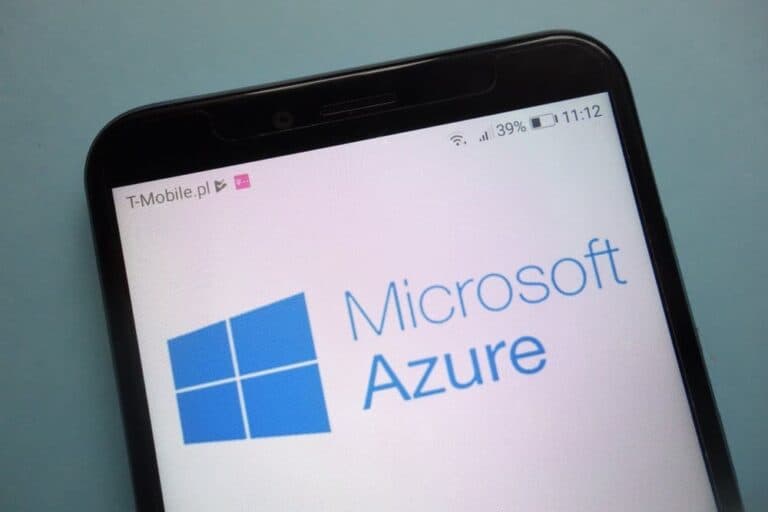The announcement follows the CBL-Mariner project announcement from last year.
This week at Microsoft’s Build event, the software giant announced that it has made Azure Linux generally available. Azure Linux is Microsoft’s own distribution of the open source operating system.
Jim Perrin, principal program manager lead for Azure Linux, spoke in a Q&A session about how the company’s “troubled” history with Linux drove the decision to build a new distribution from scratch rather than forking an existing flavour of the open source OS, such as Fedora.
Perrin went into more detail about the launch in a blog post, where he discussed the Azure Linux container host for Azure Kubernetes Service (AKS) “The Azure Linux container host for AKS is a lightweight, secure, and reliable OS platform optimized for performance on Azure”, he wrote. With this platform, developers can easily deploy and manage their container workloads using the same tooling used by many of Microsoft’s own services, he added.
The General Availability announcement follows Microsoft’s October preview announcement under the CBL-Mariner project codename. CBL stands for Common Base Linux, and is still known by that name in its GitHub repository.
Providing a “secure and reliable platform”
“Our goal is to provide a secure and reliable platform to run your workloads”, Perrin writes. “Towards this end, all updates to the Azure Linux container host are first run through a rigorous suite of Azure validation tests”, he continues, noting that the suite of tests is kept constantly updated as support for new scenarios is added.
Perrin points out that, since there are far fewer packages in the container host, the volume of required security patching is lower. Moreover, he says, such issues are patched promptly. “We closely monitor and fully curate the software supply chain”, he notes. This in turn enables “a greater assurance of quality and resilience end to end”.
Perrin closes out his blog post with a list of several ISVs and vendors that will support the new Azure Linux platform.
